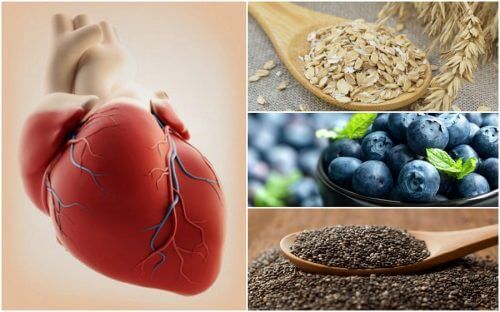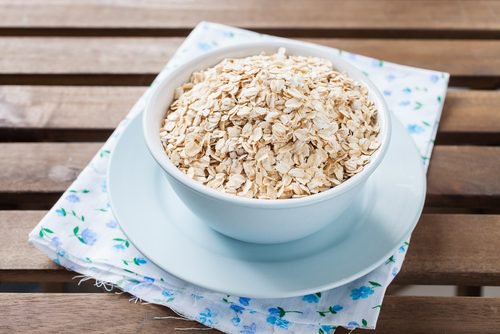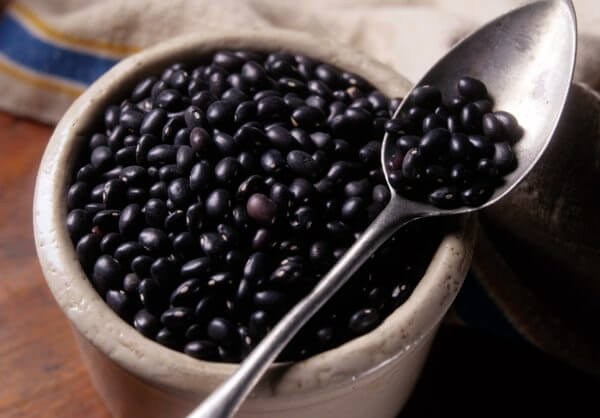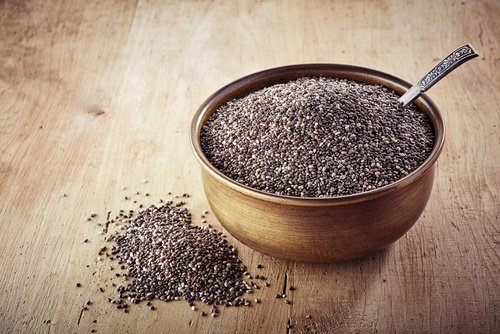7 Foods You Should Eat to Protect Your Heart


Reviewed and approved by the doctor José Gerardo Rosciano Paganelli
Adopting a healthy diet is just as important to protect your heart as regular physical exercise.
The food industry has invaded the market with a wide variety of products that promise fast and delicious food. However, today we know that eating these foods can be bad for our heart’s health. After all, the nutrients in healthy foods are essential to promote the functions of this muscle.
Eating too many processed or fatty foods can increase your cholesterol, blood pressure, and the risk of potentially dangerous diseases.
For this reason, it’s essential to eat healthy, nutritional foods with a controlled calorie intake.
In addition, it’s also good to increase the consumption of certain ingredients that offer extra benefits to protect the heart.
In this blog, we want to reveal 7 of the best foods so that you can include them in your diet.
1. Oats to protect your heart

Known as the “queen of cereals”, oats are one of the healthiest and most complete foods that we can include in our diet.
- Oats contain fiber and omega 3 fatty acids, two essential nutrients that promote the control of cholesterol levels to avoid arterial hardening.
- They also contain significant amounts of potassium, magnesium and calcium, key minerals to achieve controlled blood pressure.
See this article: 3 Remedies with Oats to Reduce Cholesterol
2. Red wine
We know that the excessive consumption of alcoholic drinks can cause irreversible effects on the body. However, drinking a small amount of red wine can be very beneficial for heart health.
- This drink contains large quantities of resveratrol. This is an antioxidant compound that reduces the levels of bad cholesterol (LDL). Meanwhile, it also increases the presence of good cholesterol (HDL).
- These substances, as well as their catechins, protect the arterial walls from oxidation. In addition, they reduce the risk of suffering from arteriosclerosis and heart attacks.
3. Black beans

Black beans form part of the list of “superfoods” that help improve and protect heart health. This is because of their vitamin B complex and soluble fiber content. These two nutrients help to reduce bad cholesterol levels (LDL).
In addition, they also contain small doses of omega 3 and magnesium. These help to control high blood pressure and poor circulation.
4. Olive oil
Pressed olive oil – olive oil that has not been subject to refinement processes – is one of the healthiest fats. It helps to protect the heart from serious illness.
The monounsaturated fatty acids and antioxidant compounds that it contains help slow the excessive accumulation of fat in the arteries and prevent blood pressure problems.
Eating it regularly keeps cholesterol under control and improves the elasticity of the arteries to prevent premature aging.
5. Chia seeds

While chia seeds have become popular as a weight loss supplement, it’s good to know that they’re also excellent allies for heart health.
Despite their tiny size, they contain high levels of omega 3 and essential amino acids. These help to control cholesterol and triglycerides.
In addition, these nutrients help to keep the inflammatory processes of the body in balance. Plus, they help to reduce the risk of suffering from strokes, arteriosclerosis and other chronic heart conditions.
6. Cranberries
Including cranberries in our regular diet is a very healthy habit for the heart.
This food contains beta-carotenes and lutein, two antioxidant substances that help to protect the cardiovascular system from the negative effect of free radicals.
Their flavonoids and natural fibers help to control the fats that accumulate in the arteries. Then, they prevent them becoming obstructed or hardened.
On the other hand, they are an anti-inflammatory and detoxing food that helps to cleanse the blood to prevent circulatory problems.
Want to know more? The Benefits of Cranberry Juice
7. Protect your heart with oranges

Well-known as a significant source of vitamin C, oranges are an antioxidant fruit that helps to maintain heart health in optimum conditions.
They contain significant quantities of carotenoids and flavonoids, two substances that minimize the damage caused by oxidative stress.
Their vitamin and mineral content keeps the cardiac rhythm in balance. Plus, if this weren’t enough, they also reduce the risk of inflammation.
Drinking freshly-squeezed orange juice is a home remedy to reduce high blood pressure and the circulatory problems associated with it.
Start increasing your intake of these foods in your regular diet to take advantage of their wonderful benefits!
All cited sources were thoroughly reviewed by our team to ensure their quality, reliability, currency, and validity. The bibliography of this article was considered reliable and of academic or scientific accuracy.
- Islam MA, Amin MN, Siddiqui SA, Hossain MP, Sultana F, Kabir MR. Trans fatty acids and lipid profile: A serious risk factor to cardiovascular disease, cancer and diabetes. Diabetes Metab Syndr. 2019 Mar-Apr;13(2):1643-1647.
- Jayachandran M, Chen J, Chung SSM, Xu B. A critical review on the impacts of β-glucans on gut microbiota and human health. J Nutr Biochem. 2018 Nov;61:101-110.
- Estruch R, Ros E, Salas-Salvadó J, Covas MI, Corella D, Arós F, Gómez-Gracia E, Ruiz-Gutiérrez V, Fiol M, Lapetra J, Lamuela-Raventos RM, Serra-Majem L, Pintó X, Basora J, Muñoz MA, Sorlí JV, Martínez JA, Fitó M, Gea A, Hernán MA, Martínez-González MA; PREDIMED Study Investigators. Primary Prevention of Cardiovascular Disease with a Mediterranean Diet Supplemented with Extra-Virgin Olive Oil or Nuts. N Engl J Med. 2018 Jun 21;378(25):e34.
This text is provided for informational purposes only and does not replace consultation with a professional. If in doubt, consult your specialist.








